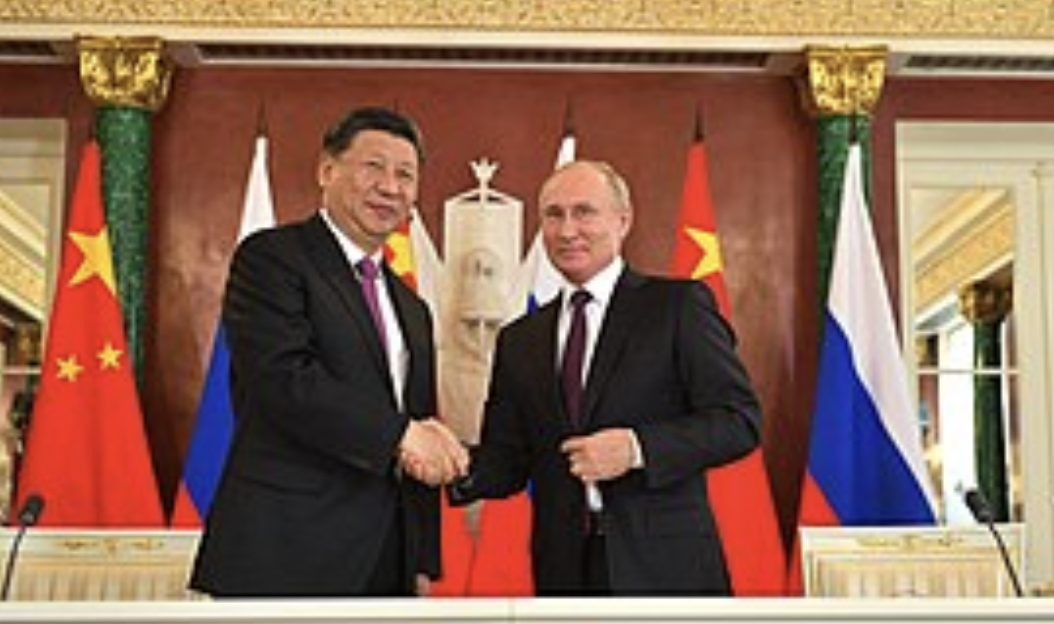
The Elusive Nature of Peace
By David Cheng
Recently, the government of the People’s Republic of China released a 12-point position paper that outlines their “peace plan” for the Russia-Ukraine war. While there’s nothing in the text of the plan that is directly objectionable or outrageous, there’s no reason to believe that peace is coming soon. Put simply, China’s plan is vague and noncommittal, and the Chinese government does not show any signs that it is willing to take any concrete action in order to be a meaningful broker of peace. To its credit, the plan calls for the upholding of the territorial integrity of all countries but does not apply that abstract principle of international law to the situation in Ukraine. Does China affirm that Ukraine should regain control of Crimea, as per its internationally-recognized borders? Does China believe that Russia should withdraw its forces from the Donetsk and Luhansk regions of Ukraine, which it unlawfully annexed after the invasion? These are all questions that remain unanswered, and for which an answer is required if China wishes to actually start the process of peace negotiations.
President Zelensky of Ukraine, for his part, has greeted China’s plan with cautious optimism, though noting his disagreement with certain portions of it. He also expressed a desire to meet with President Xi Jinping of China to discuss the plan in further detail. Healthy skepticism is certainly prudent in this situation, given China’s unclear stance on the war in the past. While President Xi issued a veiled condemnation of Putin’s reckless nuclear threats in November of last year, China also firmly rejected Western sanctions on Russia soon after the war started and has not amended its positions on sanctions since. Just days ago, China also refused to condemn Russia’s aggression during a G20 summit in India and has repeatedly abstained on UN resolutions demanding Russia’s withdrawal from Ukrainian soil. Therefore, it is difficult to fault Western leaders like Joe Biden for having a dismissive attitude toward China’s proposal. While China’s position as a major world power with close ties to Russia shouldn’t be ignored when considering its potential role as a peacemaker, it’s hard to imagine China not being at least a little biased toward its longtime partner in economic and security matters (Russia). It would be very difficult to negotiate a settlement that satisfies Ukraine’s substantial demands for territory and reparations while also keeping Putin from losing too much. Putin initiated his invasion with the goal of winning both a military and a geopolitical victory; any negotiated settlement would mean admitting at least a partial defeat, and it’s not clear if he would accept that.
If China wishes Ukraine and its allies to take its peace plan seriously, then it should be prepared to back up its words with action. In the meantime, the United States, Europe, and other partners should keep providing Ukraine with armaments, humanitarian aid, and economic assistance. Providing military aid does not mean the rejection of peace; ensuring continued victories on the battlefield will put Ukraine in a better position to negotiate whenever peace talks do begin.


